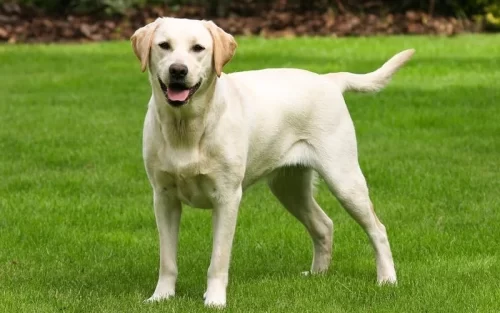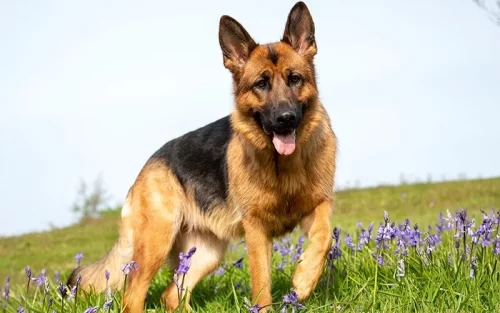Introduction
As our furry friends age, they may require more care and attention to maintain their health and well-being. This is especially true for senior Lhasa Apsos, a breed known for their loyalty and companionship. As Lhasa Apsos enter their golden years, they may experience a range of age-related health concerns, such as joint pain, arthritis, and dental problems.
Fortunately, there are steps that pet owners can take to ensure that their senior Lhasa Apsos remain happy and healthy for years to come. From maintaining a balanced diet to providing ample exercise and mental stimulation, there are a variety of ways to promote the longevity of your furry friend.
In this article, we’ll cover some of the key considerations for caring for senior Lhasa Apsos. We’ll discuss the common health concerns that older Lhasa Apsos may face, as well as some tips for keeping them comfortable and happy in their later years. Whether you’re a long-time Lhasa Apso owner or you’re considering adopting a senior dog, this guide will provide you with the information you need to ensure that your furry friend enjoys a happy, healthy, and fulfilling life.
Regular Vet Check-Ups
As your Lhasa Apso ages, it’s important to bring them in for regular vet check-ups. This can help catch any health issues early, before they become more serious. Your vet may recommend more frequent check-ups for senior dogs, so be sure to follow their advice.
Exercising Senior Lhasa Apsos
Just because your Lhasa Apso is getting older doesn’t mean they don’t need exercise. Regular exercise can help keep their muscles and joints healthy, and prevent obesity. However, you may need to adjust the type and intensity of exercise to suit your senior dog‘s needs. Shorter walks or gentle playtime may be more appropriate than high-intensity activities.
Grooming Senior Lhasa Apsos
Grooming is important for dogs of all ages, but it becomes especially important for senior Lhasa Apsos. Older dogs may have more trouble grooming themselves, and may require more frequent brushing to keep their coat healthy and tangle-free. They may also need help with nail trimming and teeth cleaning.
Comfortable Living Environment
As your Lhasa Apso ages, they may develop arthritis or other conditions that make it harder for them to move around. It’s important to provide them with a comfortable living environment, with soft bedding and easy access to food, water, and their favorite toys. You may also want to consider ramps or steps to help them navigate stairs or get onto furniture.
Nutrition for Senior Lhasa Apsos
As dogs age, their nutritional needs change. It’s important to provide your senior Lhasa Apso with a high-quality, age-appropriate diet that meets their nutritional needs. You may also want to consider supplements to help support their joint health, digestive system, and overall well-being.
When it comes to nutrition, senior Lhasa Apsos may have different dietary requirements than their younger counterparts. As dogs age, their metabolism slows down, and they tend to be less active. This means they may need fewer calories to maintain a healthy weight. However, they still need a diet that is rich in protein, healthy fats, and essential vitamins and minerals.
You may also want to consider switching to a senior-specific dog food formula that is specially formulated for older dogs. These formulas often contain added joint support ingredients such as glucosamine and chondroitin, which can help alleviate joint pain and stiffness that often comes with age.
Health Issues in Senior Lhasa Apsos
Another important aspect of caring for senior Lhasa Apsos is providing them with regular veterinary care. Older dogs are more prone to developing health issues such as arthritis, diabetes, kidney disease, and cancer. Regular check-ups with a veterinarian can help catch these conditions early on and allow for proper treatment.
In addition to regular veterinary care, providing your senior Lhasa Apso with daily exercise and mental stimulation is important for maintaining their overall health and wellbeing. While they may not be able to go on long walks or engage in high-impact activities, short walks and gentle playtime can still provide much-needed exercise and stimulation.
Conclusion
Caring for a senior Lhasa Apso requires some adjustments to their care routine, but the love and loyalty they offer in return make it all worth it. By paying attention to their changing needs and providing them with the care and attention they deserve, you can ensure that your furry friend enjoys their golden years to the fullest.
If you notice any changes in your senior Lhasa Apso’s behavior or health, it’s important to consult with your veterinarian to rule out any underlying health issues. With the proper care and attention, your aging Lhasa Apso can continue to be a happy and beloved member of your family for many years to come.



